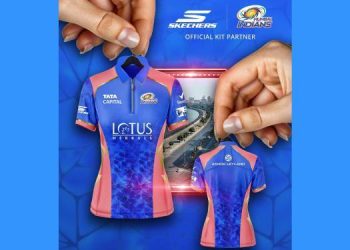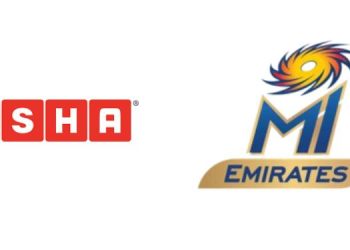New Delhi: zingbus, one of India’s leading travel start-ups focusing on improving the levels of quality and safety in the intercity bus travel space, has recently secured an undisclosed pre-Series A investment led by Venture Catalysts, Titan Capital, and Better Capital, along with Ritesh Agarwal (Founder – Oyo) and Anupam Mittal (Founder & CEO – People Group). The funding round also saw participation from 9Unicorns accelerator fund, AdvantEdge Founders, Smile Internet, MG Group, and several other marquee angel investors.
Co-founded in 2019 by IIT Kharagpur graduates Prashant Kumar and Mratunjay along with Ravi Kumar Verma, zingbus aims to build India’s largest and most trusted consumer brand for intercity mobility. It currently enables 2,000+ daily journeys across Delhi/NCR, Himachal Pradesh, Uttar Pradesh, Madhya Pradesh, Uttarakhand, Rajasthan, Gujarat, Maharashtra, Jammu, Haryana, and Punjab. The platform will utilize the funds to increase its operational footprint across the country and expand the scale of its fleet operations to 500 buses, with a view of fulfilling 1 million safe and hassle-free journeys in the next 12 months.
Speaking about the funding, Prashant Kumar, Co-Founder & CEO – zingbus, said, “We believe that the right to affordable and dignified travel is fundamental to human existence and development, and so aspire to provide access to safe, reliable, and affordable travel to everyone. We are delighted to have the support of industry leaders, and our journey looks bright under their guidance. With almost 10 million daily intercity bus rides in India, the overall market is worth $15 billion at present and is growing at a CAGR of 18%. About 25% of this market is semi-deluxe, air-conditioned buses, which will be zingbus’s focus area for the next few years.”
Ravi Kumar Verma, Co-Founder & CTO – zingbus, added, “A major part of the funds will be utilized in building a technology stack that will allow us to deliver 10x better experience to travelers at 10% lesser fares and scale up to become the largest intercity bus fleet operator in the country.”
Mratunjay, Co-founder and COO – zingbus. said, “Travelers love the zingbus experience, and we are launching new services every week and shipping new products every fortnight. If anything, the COVID-19 outbreak has orchestrated a black swan event for startups like us to rise to the occasion and create technology that will be the preferred enabler for a future of safe and reliable travel,”
Apoorva Ranjan Sharma – Co-founder and President, Venture Catalysts, stated, “zingbus is already India’s highest-rated branded bus line that aggregates fleets of buses to deliver end-to-end and standardized intercity travel experiences at affordable prices. The platform has the potential to revolutionize the intercity travel services space in India and we are delighted to provide the support it needs to grow and scale its operations.”
Bipin Shah, Partner – Titan Capital, said, “zingbus’s technology provides a much better online presence as compared to traditional bus operators. It also reaches the end-customer digitally in a more effective manner. The brand has emerged as the most affordable service provider on popular routes through its unique route designs and dynamic pricing algorithms.”
Kunal Khattar, Managing Partner & Investorpreneur – AdvantEdge Technology Founders, said, “zingbus is a true differentiator in its space, guided by its founders who hold profound domain insights and years of experience in the intercity travel industry. zingbus runs buses on specially designed routes which permit it to optimize the usage of assets and cater to more travelers per bus per day.”
Taking insights from global players such as Flixbus, zingbus plans to run 2,500 buses across all the country’s major travel corridors within the next three years. The platform is launching new services every week and shipping new products every fortnight. Even though the travel industry was severely impacted due to the pandemic, zingbus has emerged as a clear winner that drove growth by enabling the traditional fleet owners struggling to cope with emerging operational challenges with minimum manpower investment.

















